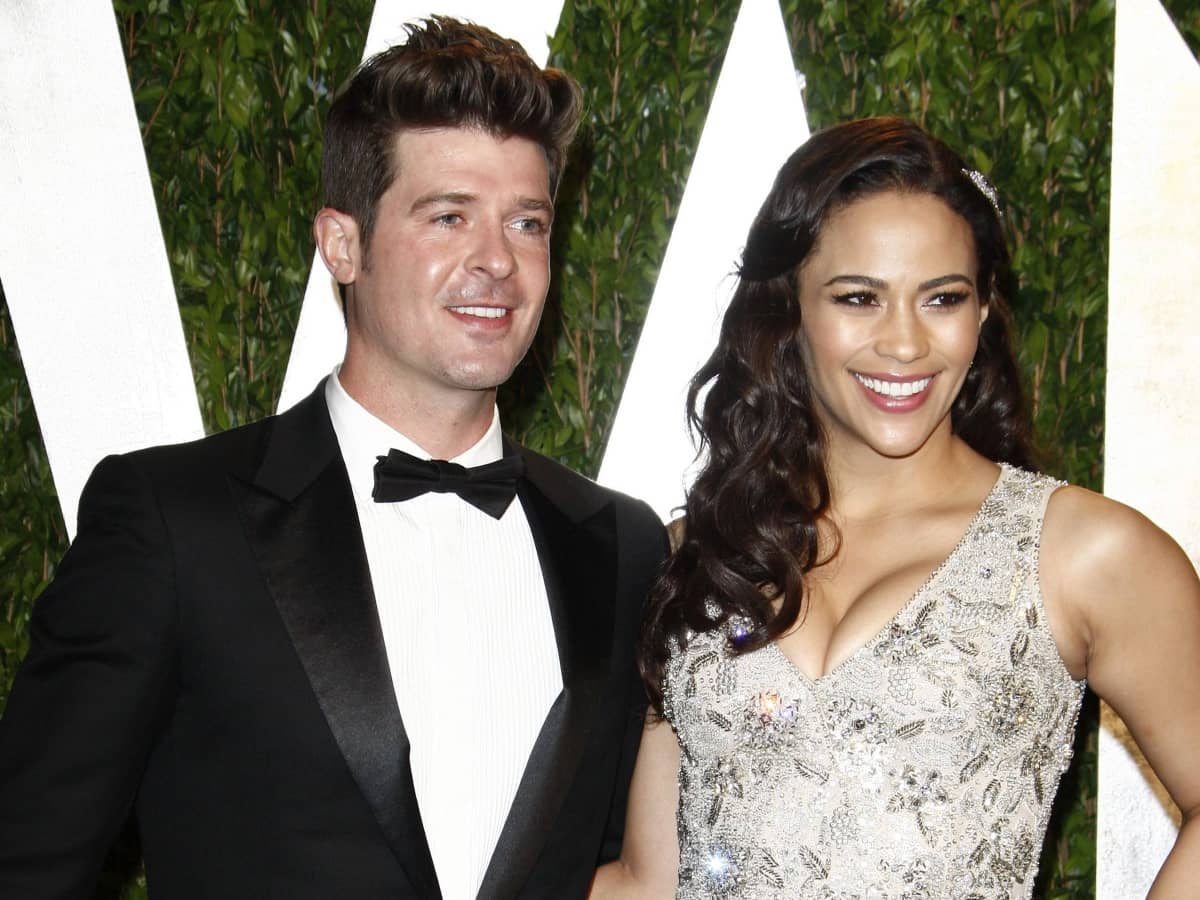The words underneath the 600 South Street sign read: Martin Luther King Jr. Blvd.
In most cities, MLK Jr. Blvd. is a street that runs through predominantly black areas. Try finding the 'hood in a city where blacks make up .8 percent of the population.
"There is no 'hood in Salt Lake," said France A. Davis, pastor of Calvary Baptist Church.
The church, Davis said, is the center of the black community. "Whatever activities are going on that have to do with African-Americans whether it's business, social, economic development or religious," Davis said. He grew up in Augusta, Ga., and attended the University of California-Berkeley before moving to Salt Lake City in 1972 to teach at the University of Utah.
"The great shocker for me here was that there was no 'hood, no community as such where African-Americans lived," Davis said. "Thus, the only place you ever really see large numbers of African-Americans are at those 20 or so African-American churches that are in the state of Utah."
Davis, 55, is one of a handful of influential black leaders in Salt Lake City. Duane Bourdeaux is a state representative. Jeanetta Williams is president of the NAACP's Salt Lake City branch, Edward Lewis is president of the NAACP's tri-state conference embracing Utah, Idaho and Nevada. Shauna Graves-Robertson is presiding judge of the Salt Lake County Court. Ronald Coleman teaches at the University of Utah and is a noted state historian. And the state's Office of Black Affairs is located in Salt Lake City.
Davis often is involved with minority causes. He participated in marches led by King (including King's famous march to Washington in 1963) and played a major role in the drive to have a street named in honor of the late civil rights activist.
Davis also assisted in efforts to give blacks a visible presence at the Olympics. To ensure visibility at a predominantly white event being held in a predominantly white city during Black History Month, Davis said, took some effort.
The message was heard. Blacks played a prominent role at the Games from the outset. R&B singer R. Kelly sang at the Opening Ceremonies, with backing from the Calvary Baptist choir. The choir has performed on a regular basis during the Olympics. Five blacks including Davis and Williams were among 43 persons designated to serve as honorary mayors of the Olympic Village.
Black leaders banded together to convince the state to change the name of Human Rights Day to Martin Luther King Jr. Day. Last year marked the first time Utahns recognized Martin Luther King Jr. Day as a state holiday.
Williams grew up in Boley, Okla., and moved from Idaho to Utah in 1988.
"I was surprised when I moved here because you could go for days without seeing another African-American," she said. "So I looked for a church and the NAACP."
Fourteen years later, Williams says things are better.
"You see more people trying to work together because they want to dispel the myths you hear about Utah. It's not as bad in Salt Lake as people make it out to be. It depends on what you're looking for in community involvement."
For example, it might take several telephone calls to locate a black hairstyling salon. But there are several in the city, like the barbers at TLC Elegante on State Street.
And despite what some might believe, soul food restaurants do exist in town. The menu at Rib Alley includes link sausage and catfish, with greens, macaroni and cheese, black-eyed peas, candied yams and hush puppies on the side. And if there's room left for dessert, pick a slice of sweet potato pie or peach cobbler.
Popular Q4U in nearby West Valley advertises on its Web site that it serves the best barbecue in Utah. Judging from the long customer lines, it might be true.
Lewis is a native of Chicago. He moved to Salt Lake City to work at Lockheed-Martin. He is outspoken about the black experience in Salt Lake City.
"I wouldn't recommend that a young black family move here," Lewis said.
"It's difficult for the children growing up, being the only black. It's very isolated for them."
But Lewis did have praise for Utah Jazz owner Larry Miller, who has contributed a scholarship each year at the Martin Luther King banquet. Lewis said Miller has indicated he would like to increase the number of scholarships.
Davis was recruited from Cal-Berkeley to teach at the University of Utah.
He was named interim pastor at Calvary Baptist in 1973 and has been the church's full-time pastor since 1974. Calvary Baptist has a 110-year-old congregation four years older, Davis points out, than Utah's statehood.
In a book he has written, Davis documents the history of black Baptist churches in Utah.
"I've seen the city grow and change in many ways," he said. "I was here when the Mormon Church had its revelation that African-Americans were acceptable into the priesthood. I watched the number of African-Americans grow from 8,000 to 20,000 in the state."
For the Olympics, the number of blacks in Salt Lake City has increased with the presence of volunteers, military personnel, media and spectators which Williams calls a welcome sight.
"There's no 'hood here, but there is a lot of history," Lewis said. "The black experience is here. You just have to look underneath to find it."

